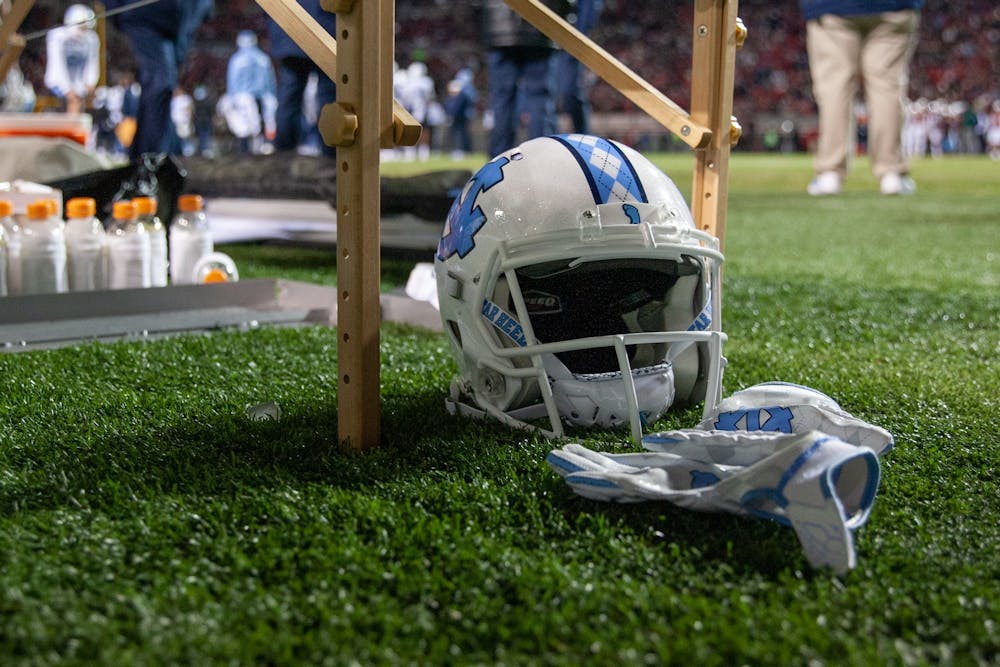The star quarterback. The “Him." We all either love or love to hate.
He’s instinctive, gritty, hard-working – a servant-leader. The idea of the hometown hero turned all-American has become a cultural icon. As such, the image of what a quarterback "should" be is deeply entrenched in the racial and cultural bias of the nation.
Even as the sport integrated, the role of the quarterback — the head and face of a team, remains reserved solely for white boys. The powers-that-be of football, still suffering from a social Darwinist hangover, funneled white players into “thinking” positions, and Black players into “moving” ones. This pervasive, racist mythology has infested football, influencing our perception both of sporting positions and the people playing them.
It's the cause of the now meme-able “white boy code words” you will see ascribed to any white athlete from “sneaky fast” Joe Burrow to “High IQ” Luka Dončić. The hyper-racialized descriptions of athletes help no one, and it most certainly diminishes the work ethic and determination of Black athletes.
That is why having two Black quarterbacks in the Super Bowl matters.
Jalen Hurts and Patrick Mahomes played in Super Bowl LVII, the first matchup of two Black quarterbacks in the sporting event's history. This is a monumental step on what has been a long, long arc towards racial equality in the sport.
The fight isn’t over by any means. But it is a sign for all football fans to reflect on the implications of the language we use to describe athletes, who, above all else, are people. These racial codes continue to impose restrictions upon Black athletes’ advancement, often in unexpected ways. In order to level the field for the future, we should look at the pioneers of the past: the first Black starting quarterback in the American Football League, Marlin Briscoe.
Upon his draft to the Broncos, he stipulated his desire for a chance at quarterback. The management never gave him a fair trial, stuffing him deep in the depth chart. Despite this, due to their starters’ injuries and a moribund season, he finally got that chance.
He dazzled, setting a franchise rookie record for touchdown passes and ended the season as runner-up for AFL Rookie of the Year. His performance was barrier-breaking. Briscoe mentored many Black quarterbacks to come, including James Harris of the Bills, the first to open a season.
Our very own Ricky Lanier, the first Black scholarship football player at UNC, was exemplary on and off the field. Lanier is most known for his record-setting performance as QB in a 61-11 victory over Virginia Military Institute.



